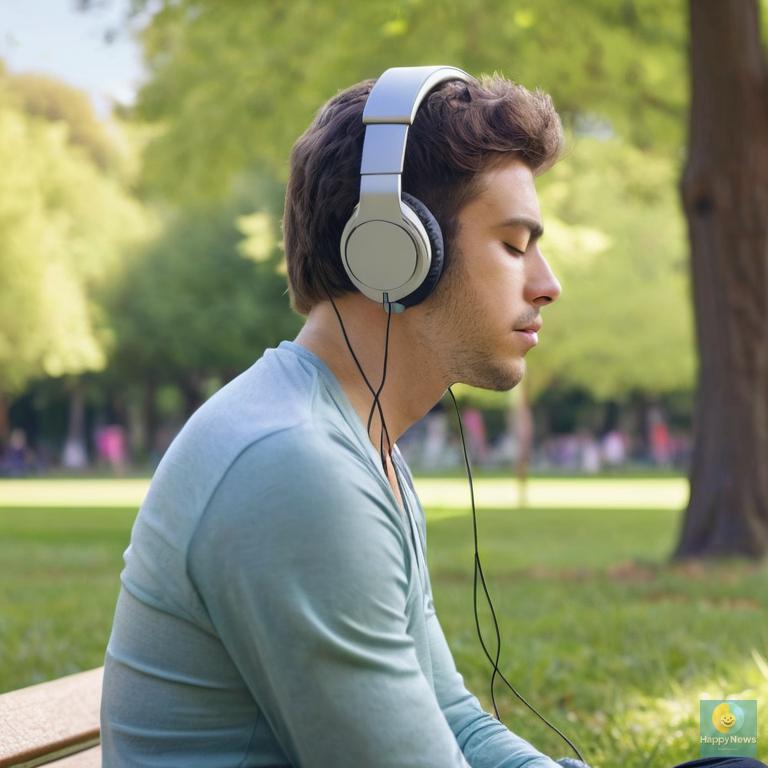- Reduction in Stress: Micro-meditations provide immediate relief from daily pressures.
- Improved Focus: They sharpen cognitive functions by enhancing mindfulness.
- Emotional Well-being: Regular practice leads to better emotional resilience.
- Flexibility: These practices can be adapted easily into any schedule or environment.
Introduction
In our hectic daily lives, finding time for stress relief can feel like a daunting challenge. Whether it’s the constant need for productivity or juggling multiple responsibilities, taking even a brief moment out of your busy schedule can seem impossible. Traditional solutions such as long vacations or yoga sessions sound appealing but often aren’t practical given the fast-paced nature of our lives.
Micro-meditations offer an effective and convenient way to combat stress without disrupting your routine. These mini mindfulness exercises typically range from one to five minutes, making them easily adaptable into any schedule. They provide numerous benefits similar to longer meditation practices but are condensed into smaller intervals that fit seamlessly within a busy day.

What Are Micro-Meditations?
Micro-meditations are brief periods of mindful practice designed to bring calm and clarity instantly. By focusing your attention on the present moment for short durations, these exercises allow you to reconnect with yourself mentally and physically. According to Susan Chen, founder of Susan Chen Vedic Meditation in New York City, “micro-meditations are a wonderful starting point.”
These practices can take many forms—from deep breathing techniques to focused thoughts or even silent observation. The flexibility of micro-meditations lies in their adaptability; you can practice them almost anywhere: at your desk during a work break, while waiting for an appointment, or even before bed.
Benefits of Micro-Meditations
The advantages of engaging in regular micro-meditation sessions are numerous and impactful:
- Reduced Stress: By shifting focus away from the daily grind, you can significantly lower stress levels.
- Improved Focus: The clarity gained through brief mindfulness exercises enhances mental acuity and productivity.
- Enhanced Emotional Health: Regular practice leads to better emotional regulation and increased resilience again

Practical Approach: Techniques for Quick Mindfulness
Micro-meditations are versatile; there’s no single correct way to perform them. However, here are 3 basic techniques that anyone can easily integrate into their day:
1. Deep Breathing Exercise
Focus on inhaling deeply through your nose for about five seconds. Hold your breath briefly before exhaling slowly through your mouth. Repeat this cycle four times.
2. Progressive Muscle Relaxation
Gradually tense each muscle group for five seconds and then release the tension slowly over 30 seconds. Start from your toes and work upwards through different parts of the body.
3. Focused Attention
Choose a specific object like a flame or an image, and direct your full attention to it. Whenever your mind wanders, gently guide it back to the focal point.
When to Practice Micro-Meditation
Micro-meditations are perfect for spontaneous moments in your day:
- Breaks at Work: Take five minutes during lunch or midday breaks.
- Before Bedtime: A few minutes of quiet reflection can ease you into sleep.
- Stressful Situations: If a task is overwhelming, pause and breathe deeply to regain focus.

How to Incorporate Micro-Meditation Into Your Daily Life
To make micro-meditations a regular habit:
- Start Small: Begin with one or two short sessions per day, and gradually increase as you feel more comfortable.
- Choose Consistent Times: Decide on specific moments for your mini-sessions to establish a routine.
- Create a Comfortable Space: Identify a quiet spot where you can sit undisturbed.
- Use Reminders: Set alarms or reminders on your phone to prompt mindfulness.
Conclusion
Incorporating micro-meditations into your daily life is an accessible and effective way to manage stress and improve mental well-being without requiring extensive time commitments. These brief, focused moments of calm can significantly enhance your overall quality of life by reducing anxiety, improving concentration, and fostering emotional stability.

Scientific Studies and Expert Opinions
Several studies support the efficacy of micro-meditation practices:
- A study published in Psychological Science found that short meditation sessions improved focus and attention compared to non-meditative breaks (Ostafin & Kassman, 2012).
- Another research article in the Journal of Clinical Psychology highlighted how brief mindfulness exercises can reduce stress levels effectively (Hoge et al., 2013).
Similar Posts:
- Whole Grain Wonders: Healthy Foods for You and the Planet
 Switching to a whole grain diet not only revitalizes your health but also contributes to a healthier planet by using fewer … Read more
Switching to a whole grain diet not only revitalizes your health but also contributes to a healthier planet by using fewer … Read more - Rats with Backpacks: The New Heroes Against Smuggling
 Background Imagine a world where small, agile allies are employed to curb the illegal wildlife trade. In an unconventional twist, specially … Read more
Background Imagine a world where small, agile allies are employed to curb the illegal wildlife trade. In an unconventional twist, specially … Read more - Reasearch based top 6 tips on raising “Good Kids”
 Introduction Every parent’s dream is to raise children who are kind, responsible, and emotionally resilient. Harvard psychologists have examined what it … Read more
Introduction Every parent’s dream is to raise children who are kind, responsible, and emotionally resilient. Harvard psychologists have examined what it … Read more - Empowering Children with Dyslexia in Chennai: MDA
 Introduction In 1992, a compassionate group of parents, educators, and philanthropists came together to create the Madras Dyslexia Association (MDA). Their … Read more
Introduction In 1992, a compassionate group of parents, educators, and philanthropists came together to create the Madras Dyslexia Association (MDA). Their … Read more




